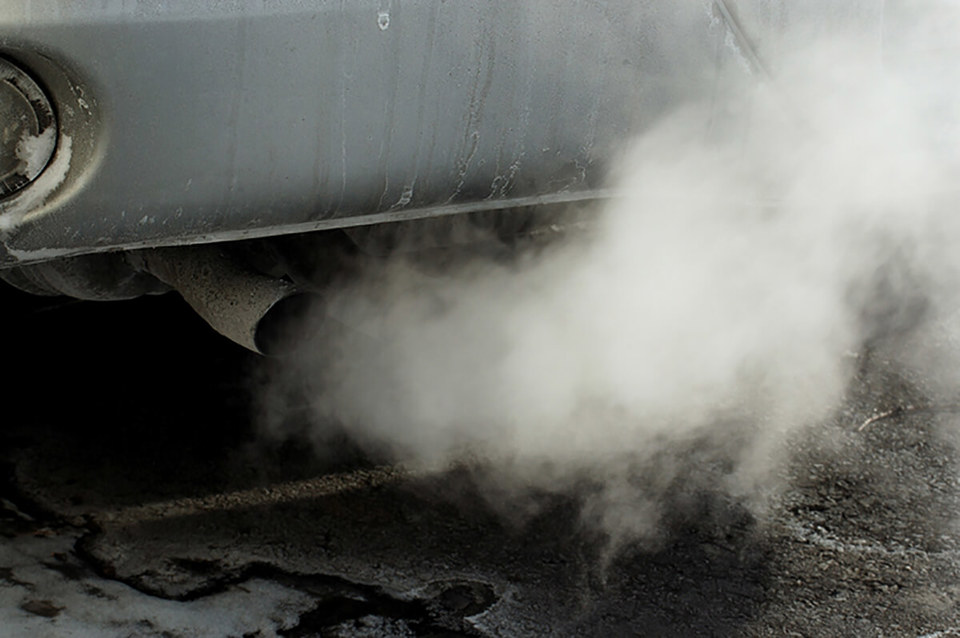During today’s Budget, the Chancellor of the Exchequer announced a freeze on fuel duty for diesel and petrol vehicles, increased VED for diesel cars that do not meet the latest standards to rise by one band in April 2018, and a rise in the existing diesel supplement in company car tax by 1%.
A £400m investment in a national EV charging infrastructure along with an extra £100m plug in car grant was also unveiled. The proceeds from these changes will help fund a new £220m clean air fund.
James Dower, senior editor of Black Book at Cap HPI, said: “This is a forward looking Budget that shows the Government clearly recognises the need to invest in hybrid and EVs and is prepared to invest substantially.
“We welcome the £400m investment in EV to improve the national charging infrastructure but whether this will be delivered quickly enough to convince consumers to make the switch from petrol and diesel sooner remains a big question.
“Both diesel and petrol vehicle owners have not been hit where it hurts following the cancelling of fuel duty rises which is also good news. It is encouraging that operators of commercial vehicles which are predominantly diesel have not been adversely affected by this Budget. Details on how the new £220m clean air fund is to be utilised remain to be detailed.”
Andrew Mee, senior forecasting editor UK at Cap HPI, said: “The changes to VED announced for April 2018 will have little impact on widespread diesel values and new car registrations.
“The changes to VED will typically equate to increases of around £20 for the first year and will have very little impact on diesel registrations and values.
“The additional 1% diesel supplement on BIK will further encourage company car drivers to switch from diesel but the resulting fall in registrations will help to support used diesel values in the future.
“This is a Budget which reinforces some of what we have previously predicted. We still anticipate new car registrations in 2018 to follow the ongoing pattern of recent years and shift away from diesel into petrol and AFVs.
“We’ll also see used diesel values deflate year-on-year slightly more than petrol values. There are marked variations according to vehicle sector and this deflation is most prominent in the small vehicle sector whereas, the impact will be less pronounced in larger car sectors where diesel is strongest.”

















Login to comment
Comments
No comments have been made yet.